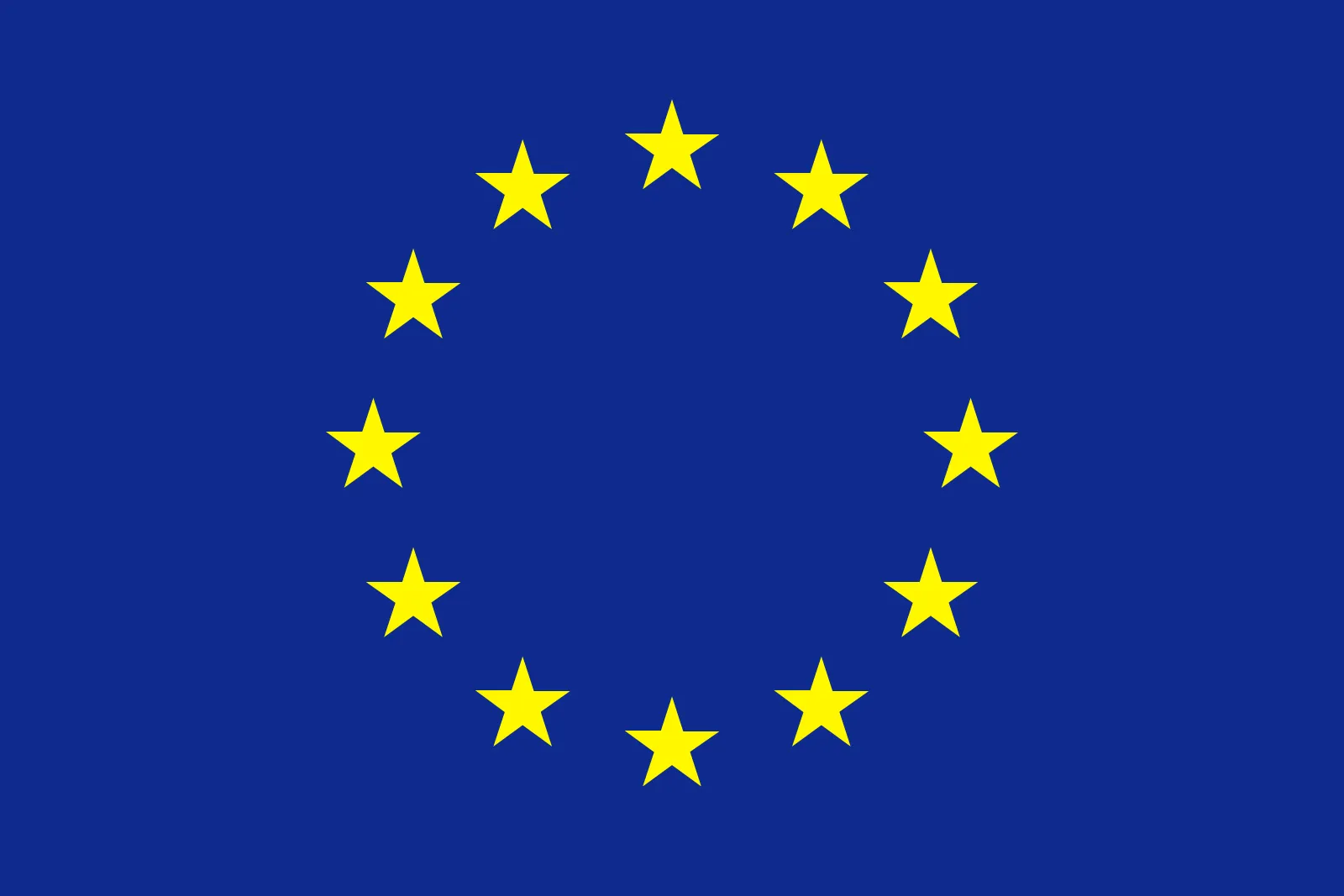The European Union (EU) appealed to politicians to avoid hate speeches and all actions capable of truncating the outcome of forthcoming 2023 general elections.
The Union also enjoined politicians not to interfere in the activities of the Independent National Electoral Commission (INEC).
The EU made this appeal on Monday at the launch of a €39m support fund for strengthening Nigeria’s democracy, saying next year’s poll was a pivotal moment in the nation’s history.
Speaking at the launch, Head of the EU delegation to Nigeria and the Economic Community of West African States (ECOWAS), Samuela Isopi, urged politicians to make their campaigns issue-based and take a firm stance against violence and hate speeches.
Isopi said: “We must all support and respect the fundamentals as INEC fulfills its constitutional mandate. INEC must be allowed to operate free from outside pressure, and in turn, must demonstrate full neutrality and professionalism.
“Tremendous progress has been achieved. The new electoral act is a major step forward and its full implementation together with the technical reforms introduced by INEC have the potential to make the 2023 general election a milestone in Nigeria’s democratic history.
“We hope that everybody will make the right choices for Nigeria. The EU is ready to do its part. Nigerian authorities have already invited the EU to deploy an Election Observation Mission, as we have consistently and regularly done since 1999.”
Noting that the outcome of the elections in 2023 was for Nigerians to decide, Isopi maintained that Nigeria had the responsibility to lead and inspire other democracies in Africa.
“As the largest democracy in Africa, elections in Nigeria matter. They matter to Nigeria and Nigerians, they also matter for Africa as their outcome will be watched and felt well beyond its borders,” the EU boss added.
Isopi also said that the EU was “particularly keen to see greater participation of youths, women, and people with disabilities,
“The mobilisation we have been witnessing across the country, especially among the youth to register in view of the next elections is a strong sign. it is a message from the Nigerians, from the youth in particular, that they believe in democracy.
“It is also a sign of trust in the electoral process that has made tremendous progress over the past few years and months, thanks to the reforms and the technical innovations introduced by INEC to make elections more transparent and more credible, and to reassure voters that their vote count and will be respected,” she added.
INEC Chairman Mahmood Yakubu applauded the support of international development partners in enhancing the training and capacity building of officials and stakeholder engagements for peaceful elections.
Yakubu added that “advertisements will soon be placed in national newspapers and the commission’s website to invite applications from interested domestic organisations to observe the same election.”
Yakubu’s predecessor, Attahiru Jega , who raised concerns over the “do and die attitude” of political parties and politicians, called on all stakeholders to ensure free, fair, and credible elections in the country.
He said, “One of the major challenges which we need to address related to the behavior and disposition of politicians, and political parties,
“We have come a long way from both sides in terms of upscaling the integrity of elections but when we reviewed the attitude, disposition, and the inclination of our politicians and the political parties, we find that really a lot more needs to be done in respect of due process, mobilisation of ethnic and religious identities, how money is used negatively in electoral processes, and how youths who ought to be actively involved in politics are engaged in violent participation in our political processes.
“The politicians need to change their mindset and engage the electoral mindset that elections must not be won by hook or crook else, the challenges will continue.”
The launch of the fund known as Phase II of the EU Support to Democratic Governance in Nigeria (EU-SDGN) marked the closure of the first phase.
The programme, according to the Union, is meant to support the government and key stakeholders, including the Electoral Management Bodies (EMBs), the National Assembly, political parties, judiciary, media, Civil Society Organisations (CSOs), and security agencies.
While Phase I of the programme implemented from 2017 to 2022, coincided with the 2015-2019 and 2019-2023 electoral cycles, Phase II will cover the 2023-2027 electoral cycle.


